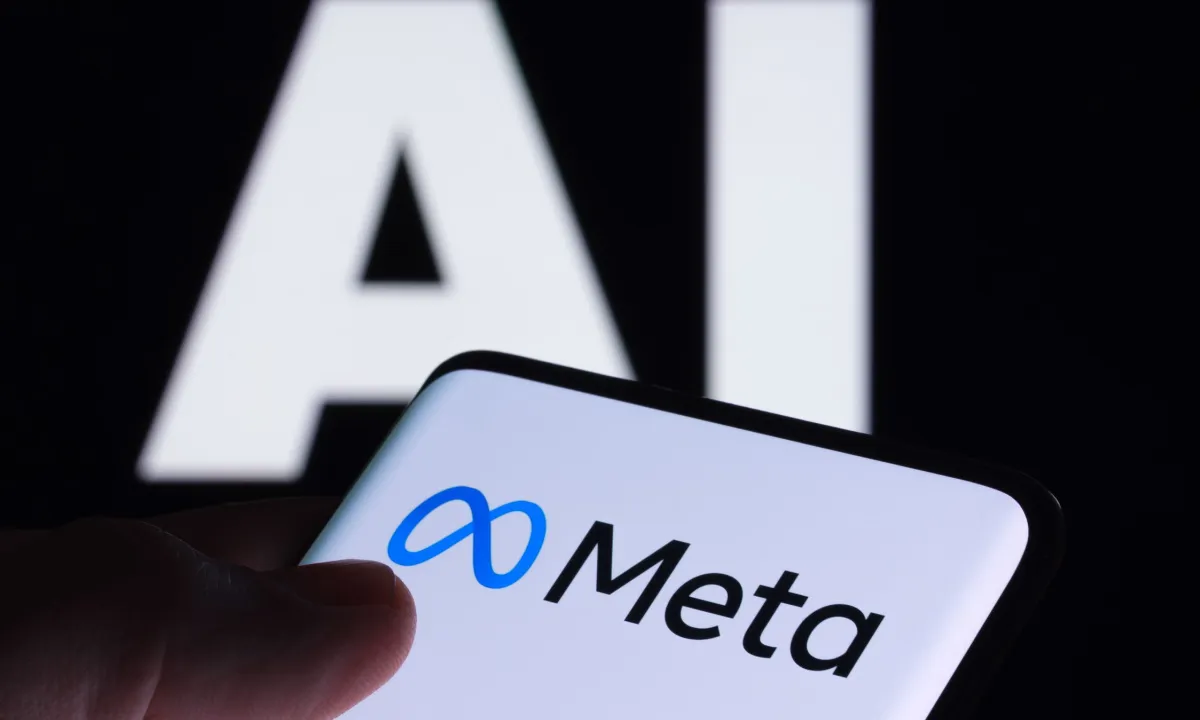Meta, formerly Facebook, has unveiled its artificial intelligence (AI) chatbot tailored for WhatsApp and Instagram users in Africa. This move marks a significant step in integrating AI technology into social media platforms, providing users with enhanced interactions and functionalities.
The new Meta AI is an intelligent system being deployed to provide users with contextual, concise, and accurate information about specific posts and images. When a user posts or comments on anything, a question is automatically triggered, and upon clicking, this question is answered in detail on this specific post. Here on WhatsApp, AI not only generates high-quality picture processing using text but also puts in place helpful advice on image modifications.
The AI features the dynamism of the image transformation while chatting on WhatsApp and it is astounding to see the animation taking place. Gradually users supply more details of the text picturization, the image conforms to the information thus improving the interactiveness of the encounter.
As the AI of the metaverse gets deployed in more social media platforms it has also been envisioned that the AI on the web will be achieved through meta.ai (meta.ai). Just like ChatGPT, users may log in to start communication with AI which will facilitate a deeper understanding of AI and expand its usability.
Meta CEO, Mark Zuckerberg, emphasized the significance of this development, stating, “With LLaMA 3, Meta AI will now be the most intelligent, freely available assistant.” Zuckerberg also highlighted the company’s commitment to enhancing user experience by making AI more prominent and user-friendly across all Meta-owned applications.
Meta’s current project is in line with tech giants like Microsoft and Google that have successfully placed AI into different consumer goods and services. Notably, Microsoft applied AI to its Bing search engine while Google integrated AI in their Genius products.
In addition, I would like to indicate that Meta is on a mission to empower the growth of AI in Africa and this has a positive impact on the current situation which is bringing unfair funding to AI startups in the continent. AI ranked 10th of all sectors receiving only $4.6m of the $176 million raised by African startups in the Q1 of 2024, according to a recently released funding report, – Edited by Ashley, Humanizer
Conscious of the undoubted capacities of AI in propelling socio-economic advancement, African governments are taken to the frontline in promoting the formulation and implementation of policies that are AI-related. On April 4, 2024, the Nigerian government unveiled plans to have a gathering of 120 professionals, such as researchers, startup owners, and stakeholders in the AI community, to create a synergy to train and contain AI so that it will lead to faster adoption of AI technology in Nigeria.
In addition, following the recent partnership between the Kenyan government and Deutsche Gesellschaft für Internationale Zusammenarbeit (GIZ) GmbH to roll out a project to establish a National Artificial Intelligence strategy, the country has also ventured into marketing its young artists in the global market. Through these initiatives, it is clear that AI is increasingly viewed as one of the main drivers of the changes in the technological landscape in Africa, which, in turn, has a strong focus on concerted actions meant to harvest the benefits of AI for society.















